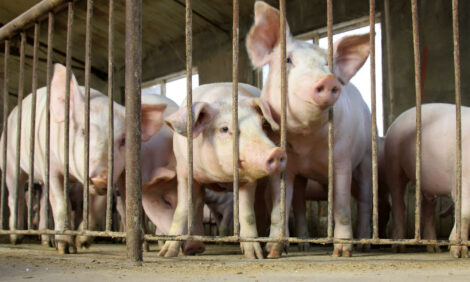



Project on Gender–Sorted Semen Ended
DENMARK – Videncenteret for Svineproduksjon (VSP; Danish Pig Research Centre) has halted its project on the sex-sorting of pig semen.VSP, together with the Welsh company, Ovasort Ltd, collaborated with the hope of developing a method to sort embryos by gender, according to Gardsdrift. This was to produce more female than male pigs, which currently must be castrated.
The hypothesis behind the project was that sperm carry gender-specific proteins on their surface and that these proteins could be used to separate the two types of germ cells in boar semen. The theory was that it should be possible to achieve a higher frequency of female pigs at the expense of the boars, which are usually castrated in order to eliminate boar taint.
However, the researchers identified many more of these proteins involved in the process than expected, and they found that antibodies needed to be developed against each of the gender-specific proteins. Tests showed that antibodies can bind to sperm and cause them to clump together.
Niels Kjelsen of VSP, part of the Danish Agriculture & Food Council, explained that they had expected the gender-bound proteins to be specific, so that the male cells (Y cells) had one type of protein that did not exist in female cells (X cells). This would have allowed the development of 100 per cent-specific antibodies, which could be used to kill the Y-cells by destroying the cell membrane.
Unfortunately for the research project, the mapped protein was found on both types of germ cells – although in different amounts – which excluded that possibility. While other more advanced separation methods were considered, the chances of success were thought to be too low in relation to efficiency.
The Welsh company has been unable to obtain new capital based on the results so far, reports Gardsdrift, and so the two organisations have agreed to end the relationship.
VSP will continue its work on boar taint, however, in a new three-year project in collaboration with the University of Copenhagen.







